Staff writer
Japan will provide between 500 million yen and 700 million yen in grant-in-aid to help Myanmar increase production of alternative crops to opium along its northeastern border with Thailand and Laos, Foreign Ministry sources said April 8.
The decision to provide the official development assistance -- the first full-scale grant-in-aid given to Myanmar in nearly 2 1/2 years -- will be formally approved at a Cabinet meeting early next month, the sources said.



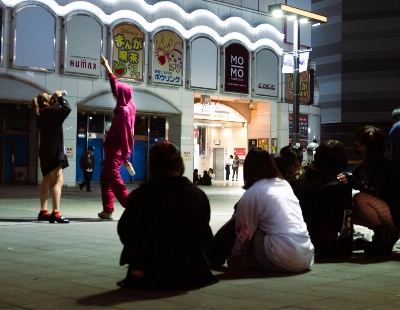
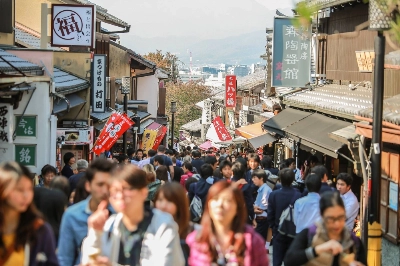
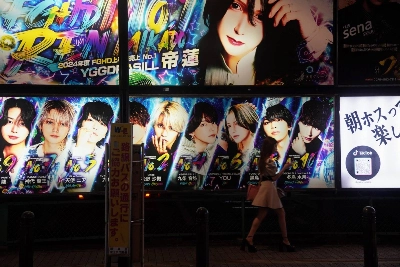
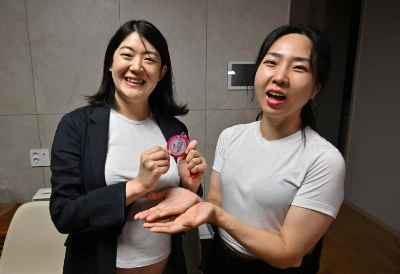
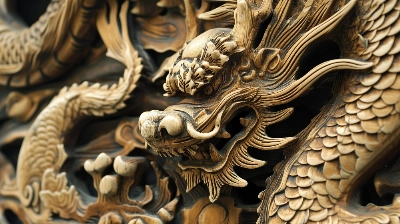










With your current subscription plan you can comment on stories. However, before writing your first comment, please create a display name in the Profile section of your subscriber account page.